About Us
Welcome to the South East Genomic Medicine Service

What is the Genomic Medicine Service?
We deliver NHS genomic testing across Kent, Medway, Surrey, Sussex and South London covering a population of 8.5 million people.
Our laboratories have tested and analysed over 107,000 tests this year alone.
Our role is to work with every part of the NHS to ensure everyone has equal access to genetic testing in our region.
We are one of seven Genomic Medicine Services across England. Together we make up the National Genomic Medicine Service.
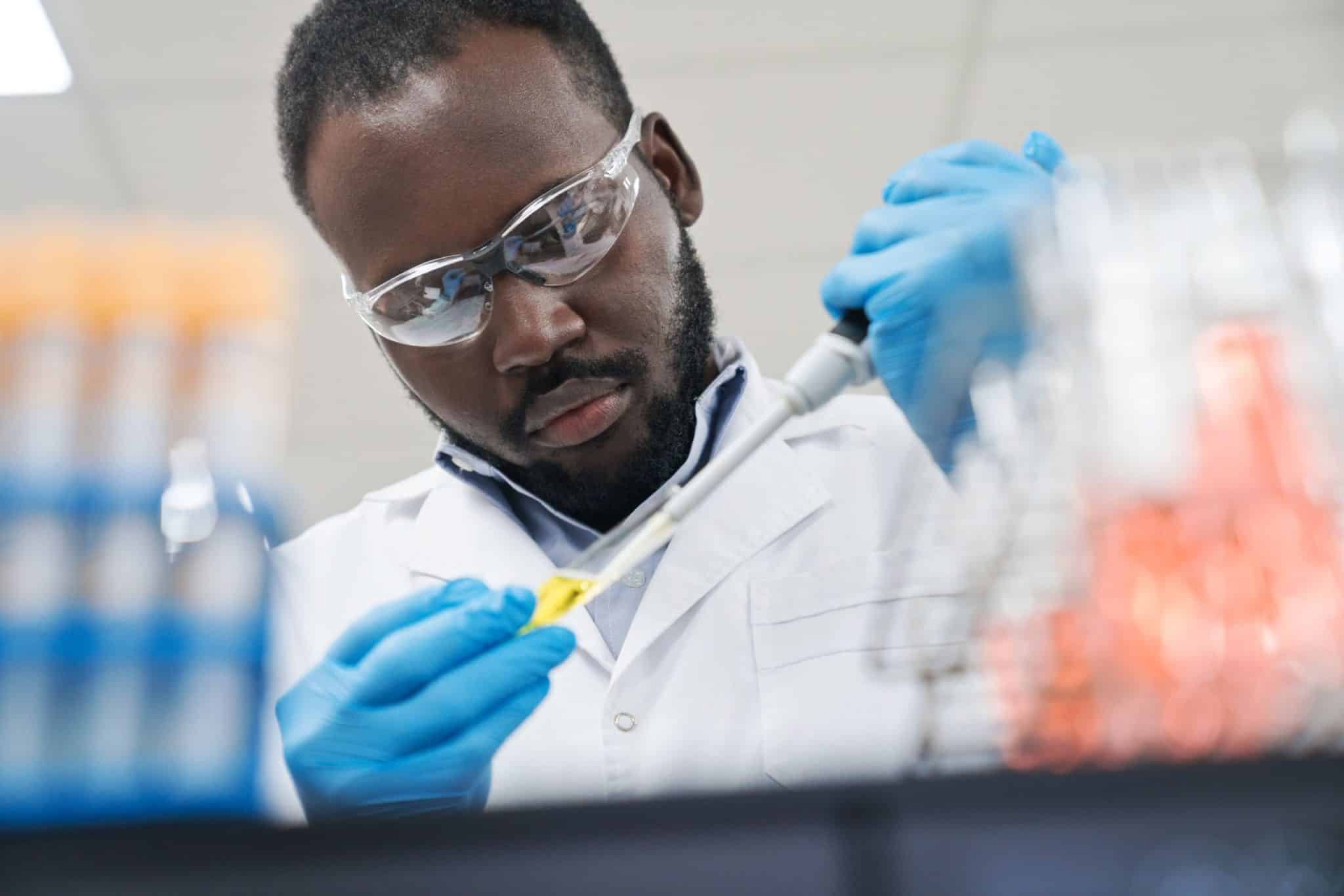
Genomics can transform lives by:

Enabling people with rare conditions to get a diagnosis

Offering accurate and earlier diagnosis of cancer

Predicting certain inherited diseases
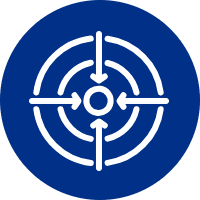
Delivering precision medicine to treat your condition accurately

Understanding the cause of many conditions
Our service falls into three main areas:

South East Genomic Laboratory Hub
provides genetic testing for people in the South East of England.

South East Genomic Medicine Service Alliance
embeds genomic medicine into everyday healthcare by empowering the workforce and building trust in genomics.

Clinical Genetics
offers specialist diagnostic opinions and genetic counselling. We have two regional Clinical Genetics Services based at St. George’s Hospital and Guy’s Hospital.
Our laboratories
We perform genetic tests at laboratories across the South East, but our hub lab is based at Guy’s and St. Thomas Hospital in London. Additional laboratories undertake specific tests including St. George’s University Hospital, Kings College Hospital and the Royal Brompton Hospital.
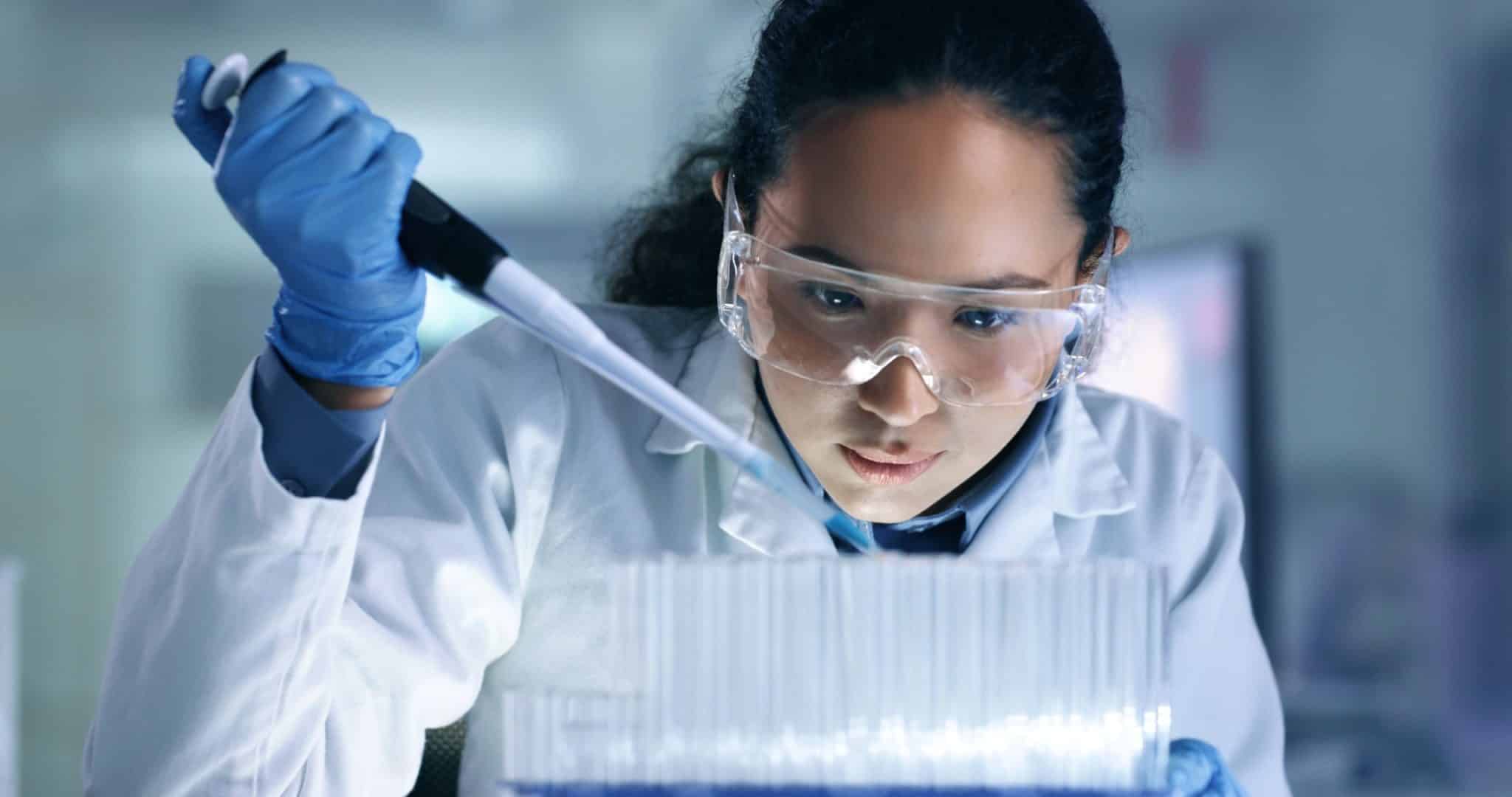
Our vision and values
We are committed to providing the best genomic medicine service possible.
That means ensuring you can get accurate results in a timely manner, but also that you can learn more about genomics and understand why it is relevant to your everyday life.
If you are a health professional, we offer high quality training and education to help you to embrace genomics in your practice.
If you are a patient, we are committed to listen to your voice and ensure you have a positive experience with us.
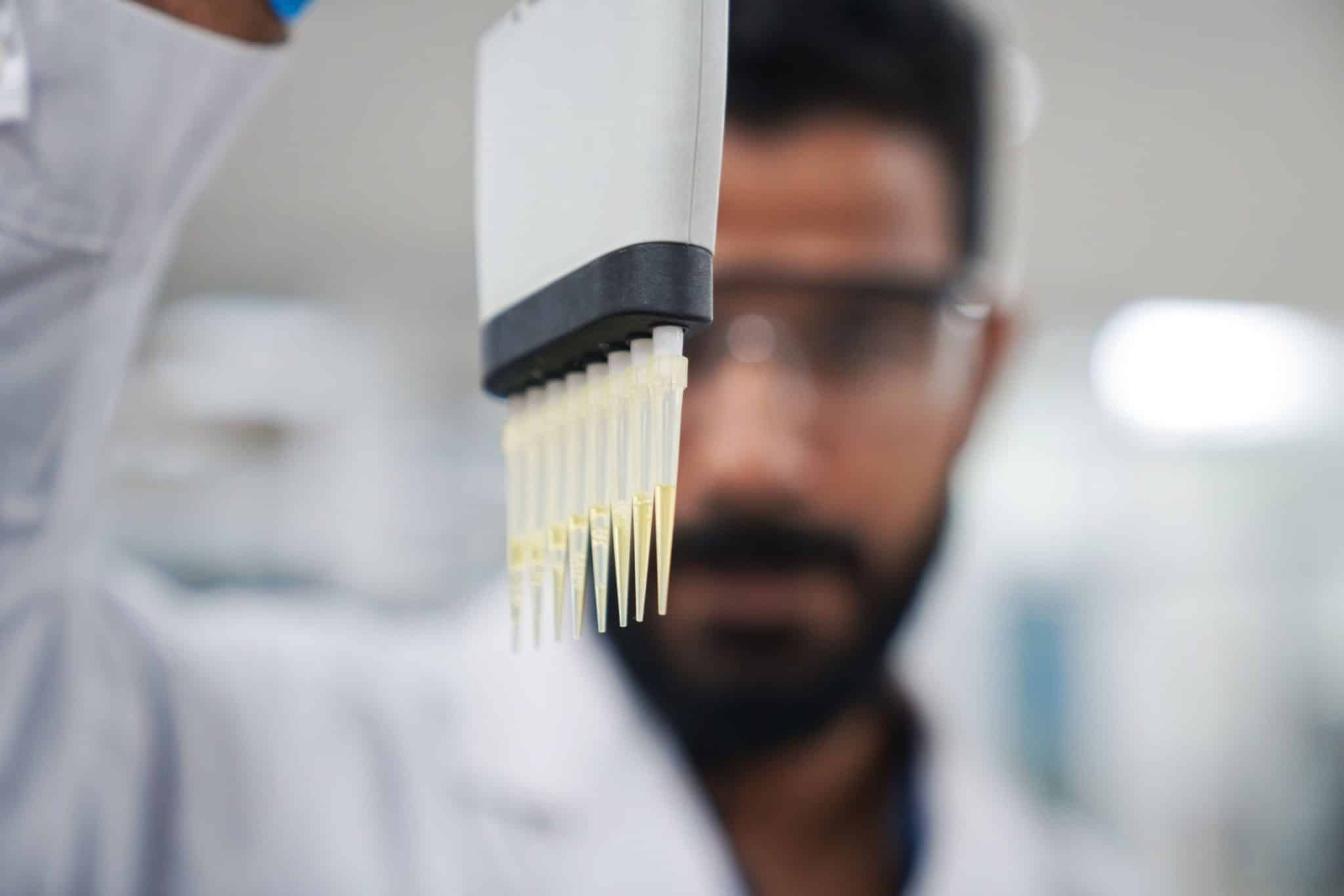
Our projects
Genomic medicine is the future of healthcare. Find out what we’re focusing on to help accelerate and improve genomic medicine for us all.
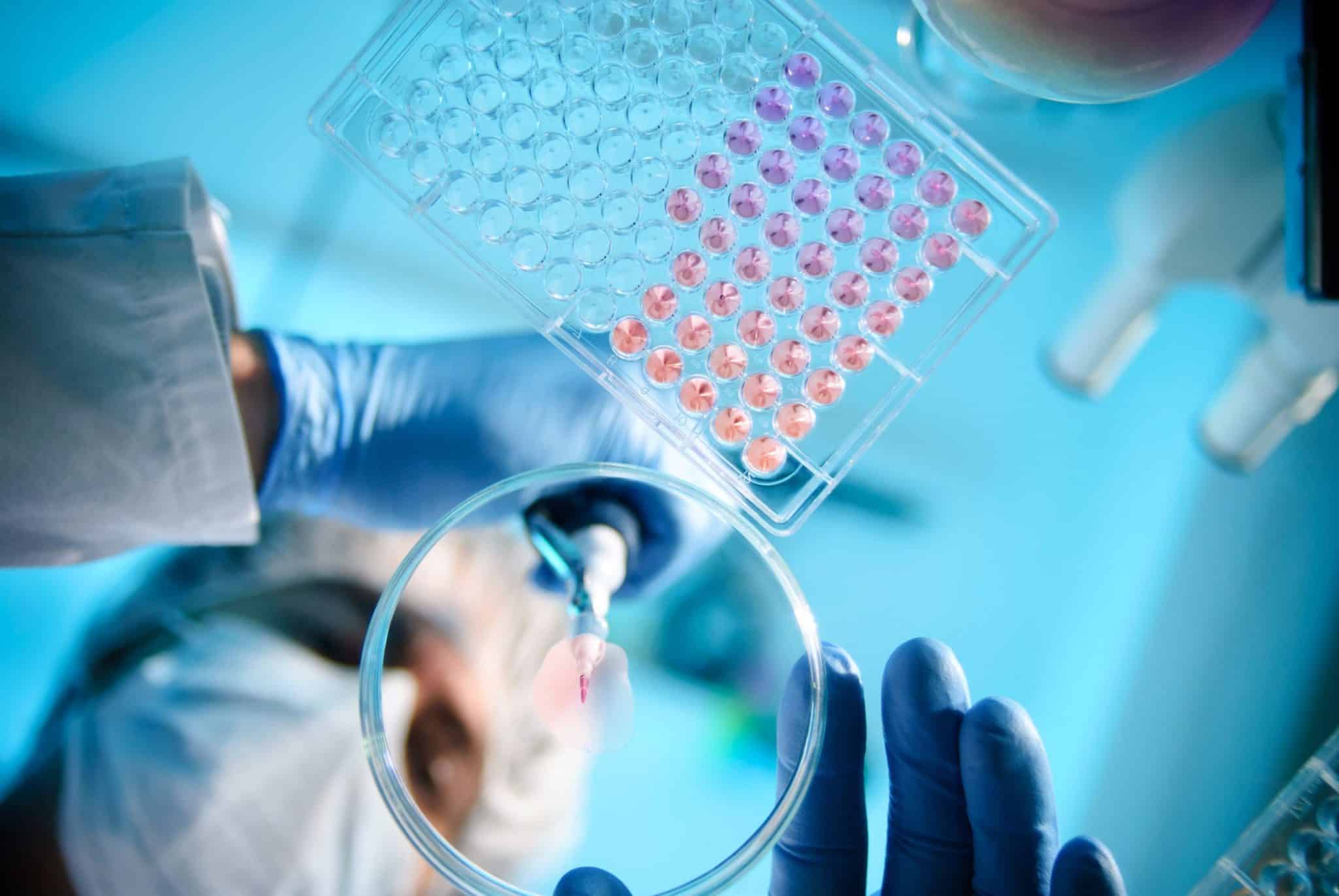
Education
We can support you to develop the genomic knowledge, skills and competencies you need.

News & events
Read our latest news and keep up to date about our progress.
Find an education or training event that works for you.
